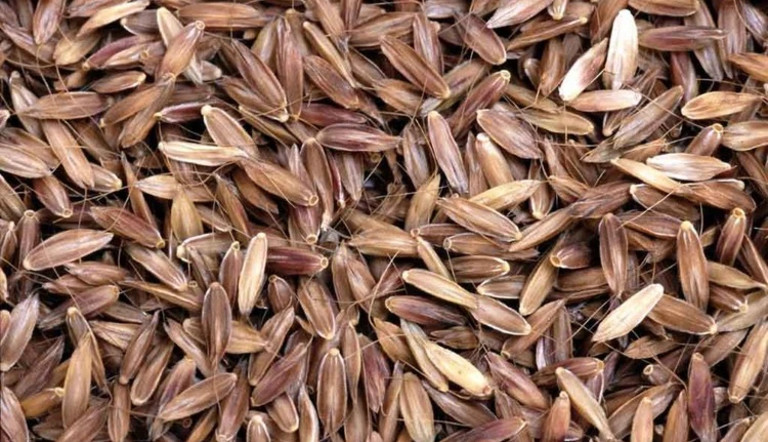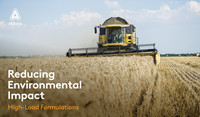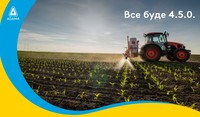
Blackgrass and herbicide resistance – insights from Per Kudsk, Professor at the Department of Agroecology at Aarhus University, Denmark

Blackgrass is common in Denmark, but restricted mainly to the heavier soils in coastal areas. Herbicide resistance has not yet reached the level seen in other northern European countries, says Professor Per Kudsk, but a three-year survey carried out by the university found herbicide resistance in 30% of samples.
“Herbicide resistance is now one of our main problems on arable farms. Like other parts of Northern Europe resistance to acetolactate synthase (ALS) herbicides is also the issue in Denmark although the product Atlantis OD is still effective but we assume that it is only a matter of time before we have full-blown resistance. We need to protect our remaining products by diversifying herbicide use alongside with cultural and non-chemical control methods,” says Professor Kudsk.
Scientists in Denmark advocate the use of prosulfocarb which has a different mode of action from the ALS herbicides. Prosulfocarb is a residual herbicide and targets the synthesis of long chain fatty acids in the weed, explains Prof Kudsk. Prosulfocarb is not as effective as ALS products but do provide useful effects. However, this is where Danish legislation, which imposes hefty pesticide taxes on certain products, is adding to the difficulty of combating resistance.
Prosulfocarb attracts a very high tax under the Danish pesticide tax law and with application rates of up to 5L/Ha it is prohibitively expensive. In contrast ALS products attract a much smaller tax. “Farmers are being tempted to use ALS herbicides in larger quantities and more frequently. This is bad for resistance management but it may prove difficult to persuade farmers to use more expensive options,” he says.
The new tax system was implemented three years ago, along with a requirement for growers to upload information on pesticide use in each of their crops to a government website. Even so it has been difficult to gauge how big an impact the tax has had on usage because growers stocked up on active ingredients. “These stocks are nearly used up so this year’s data should show us how the situation is developing,” says Professor Kudsk.
A second element that is hampering good resistance practice is Denmark’s extensive tenanted sector, Professor Kudsk believes. More than 35% of land is rented on tenancies that are only three to five years long. “We believe this has a profound effect here because these growers will most likely not look to the long-term term future when they develop farming strategies.”
Encouraging growers to use spring varieties, plant cover crops and to delay drilling in the autumn is proving difficult. These techniques are vital in tackling resistance but may reduce yields and net profit. “So, we understand why they are not prepared to give up short-term profits from growing winter wheat when they know they may lose the tenancy in a maximum of a few short years. However, we must, through better education and campaigns help growers to appreciate the seriousness of the pesticide resistance issue,” he adds.



